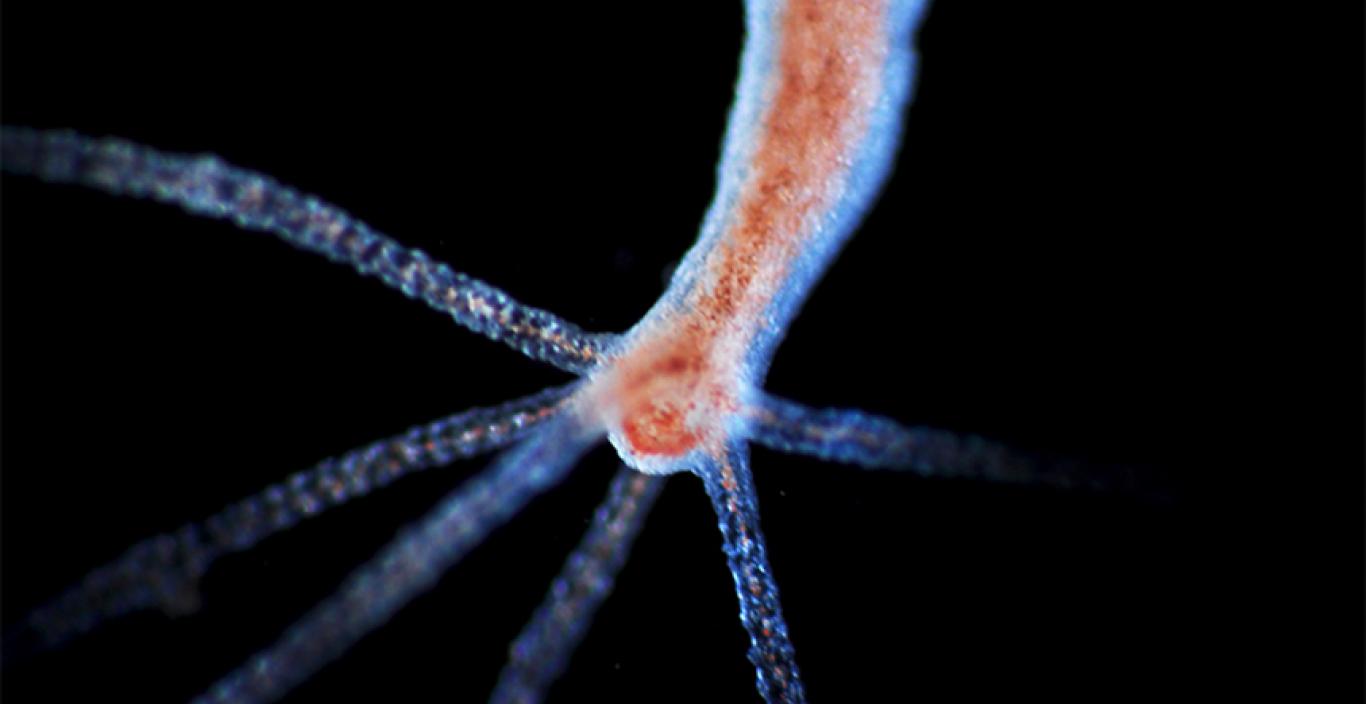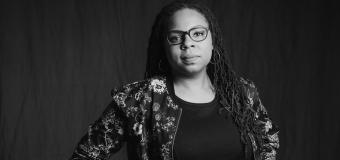Hydra vulgaris (Proyecto Agua/Flickr (CC BY-NC-SA 2.0)
Editor’s note: Professor Danielle Legros Georges, director of our Master of Fine Arts in Creative Writing program, wrote the first half of this essay in 2017 in advance of a university event. The second half was written this week in the wake of the death of George Floyd and in the context of ensuing protests.
By Danielle Legros Georges
The great sociologist W.E.B. Du Bois saw into the future and stated in 1903 that the great problem of the 20th century would be “the problem of the color-line.” What he could not predict was the recalcitrant nature of that line, and the manner in which it would stretch into the 21st century.
Racism is alive and well in the United States, despite the civil rights movement and legislation of the 1950s and 1960s whereby scores of Americans worked, in a massive grassroots effort, to hold our government and fellow citizens accountable to the rights and values articulated in our Constitution. Activists took great risks, and endured significant personal losses, with many losing their lives, for a multiracial democracy. The color line noted by Du Bois has, however, remained entrenched. This despite our first black president, even as some saw his 2008 election (perhaps naïvely) as a harbinger of a post-racial nation. Yes, we can, but we did not, manage to wrestle down our racial demons.
We need only turn to our devices and televisions for very recent and very graphic manifestations of American racism (and the dazzling intransigence and blindness to it by its perpetrators): a man shot seven times and dying in his car as his girlfriend and her infant are forced to watch; a woman pulled from her car for a minor traffic violation and later found dead in her jail cell; protesters hosed and tear-gassed; a man choked to death on camera; a teenager killed for walking home, wearing a hoodie; a man shot in the back running from the police. State-sponsored and personal aggression, both macro and micro, against bodies of color is as old as the nation itself, and it seems, business as usual.
Less visible and insidious are the institutions and structures that carry on traditions of privilege and segregation. American racism may not live next to us, but it works alongside us. Home loans have historically been and continue to be more difficult to obtain for people of color than for white Americans, yet property ownership has been a primary means by which many white Americans have acquired and maintained wealth. Structural violence continues to keep communities of color, particularly poor people of color, from access to high-quality education, decent housing, decent food (think food deserts), and affordable health care. Moreover, voter suppression laws and policies continue to disproportionately harm people of color. The American Civil Liberties Union reports that since 2008, “states across the country have passed measures to make it harder for Americans — particularly black people, the elderly, students, and people with disabilities — to exercise their fundamental right to cast a ballot.”
Our racism is a hydra. It is multi-headed. It is systemic. Given its nature, it is fitting that its examination be conducted by a group — comprising individuals who have sought, through their work, to understand racism in America, present it to us, support those disenfranchised by it, teach its dangers, and un-teach its pedagogy.
2020 Addendum
I write this note one week after the demise of George Floyd at the hands of police officers in Minneapolis. The circumstances of his death have received worldwide condemnation and engendered protests across the nation. Viewing the video of his death is unspeakably troubling, and at moments, unbearable. Floyd communicated his distress to the officers (now we understand there were three kneeling on him) without relief. His last words: I can't breathe. There is only so much a body can take. The weight of men employed as public servants, to safeguard the community in which George Floyd lived and worked, came down on Floyd, with little, if any, humanity.
I am struck by the cool and control of Derek Chauvin, the officer and man whose knee remained on Floyd’s neck as bystanders protested, pleaded. This is what power devoid of humanity resembles. Somewhere he learned this cold-bloodedness. The video both horrifies and informs. Here is state-sponsored terrorism and racism in daylight.



